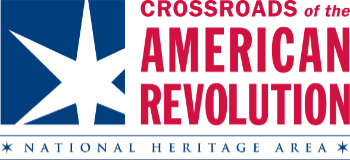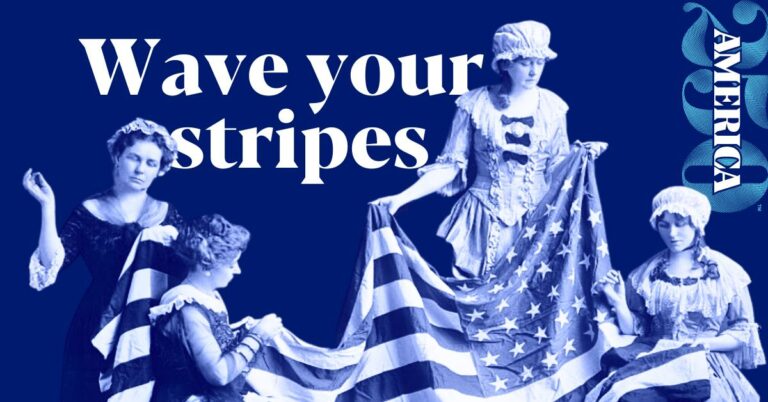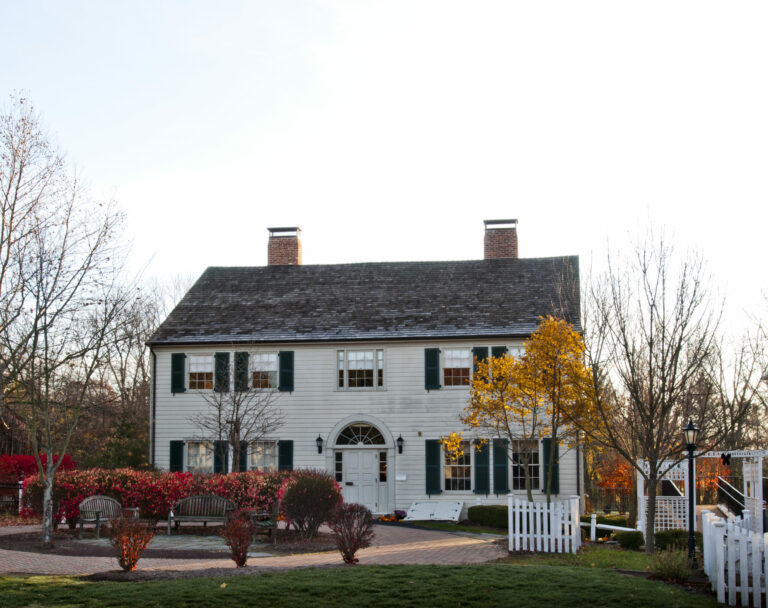Crossroads Heritage Partners site managers, volunteers and historians were among the 60 participants in Crossroads’ January 24 Professional Development Conference, Sharing Untold Stories, held at Morven Museum & Garden in Princeton.
Co-sponsored by the New Jersey Historical Commission and Morven the session was designed to equip participants with tools to uncover a more inclusive spectrum of experiences from their sites’ past, and ways to share those histories with the public.
Participants learned from experts in the field who’ve researched and developed inclusive programming that has attracted new visitors and given past visitors a reason to return to their historic sites.
Keynote speaker Aleia M. Brown, Ph.D. offered perspectives on bringing inclusive history into a historic site’s or group’s existing narrative. Assistant director of the University of Maryland’s African American History, Culture and Digital Humanities Initiative, she observed that establishing Black public history, for example, establishes that Blacks have contributed to their own freedom struggle and have a role in defining their own history.
Panelists from Morven, the Princeton & Slavery Project, and the Montclair History Center shared their experiences in uncovering and interpreting previously unshared history.
- Elizabeth Allan, deputy director and curator at Morven, noted that the Colonial-era mansion had evolved from the official home of New Jersey’s governors to a museum telling the story of the family of Declaration of Independence Signer Richard Stockton. She related the considerations of going beyond a traditional telling of the family’s life to include enslaved people who lived and worked there. Noting that telling the broader story could cause discomfort among visitors, she also suggested that sites consider that they could already be upsetting some visitors by not sharing a more inclusive history.
- Jane Eliasof, Executive Director of the Montclair History Center, shared the process of addressing community concerns in researching and interpreting the history of the YWCA once housed in the 1794 Israel Crane House. A civic and social hub for the community’s African American women and girls, the YWCA’s history was obscured after the building was moved in 1965 and interpreted to tell the Crane family story. She explained the steps taken over time to build trust in the community, and the Montclair History Center’s continuing effort to tell a broader, more inclusive history in everything they do.
- R. Isabela Morales, Ph.D., editor and project manager of the Princeton & Slavery Project, explained the genesis of the study of enslaved people at what is now Princeton University, and the dichotomy between the ideals taught at what was then the College of New Jersey, and the institution of slavery. The project’s website includes an extensive database of stories, documents and videos outlining the impact of slavery on the university and the community at large.
Following the presentations, attendees participated in group discussions about researching their own sites’ inclusive histories, ways to interpret and share those histories, and addressing feedback from visitors.
The program was proudly supported by a grant from Investors Foundation, with additional funding from the National Park Service. We’re grateful for the support and planning contributions of our partners at the New Jersey Historical Commission.



